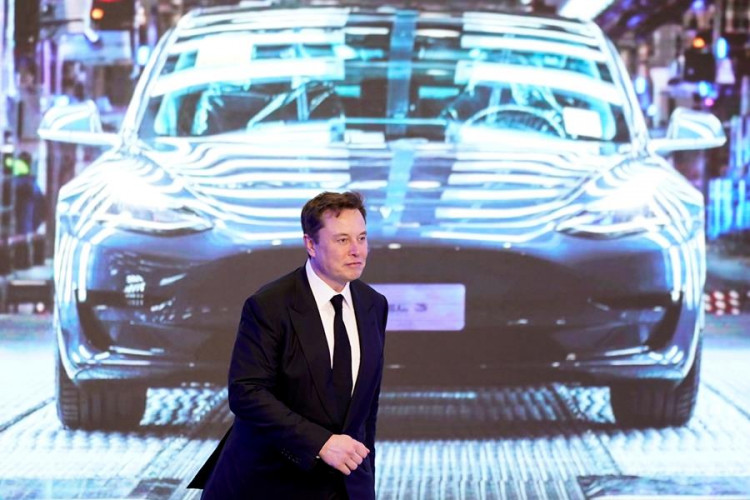Tesla Inc. is once again making headlines with two controversial proposals slated for shareholder voting: reinstating CEO Elon Musk's $56 billion compensation package, which was previously nullified by a Delaware judge, and relocating the company's incorporation from Delaware to Texas. This move reflects Tesla's aggressive strategy to address legal setbacks and reshape its corporate governance landscape.
Earlier this year, Delaware Chancery Court Chancellor Kathaleen McCormick criticized the original approval process of Musk's pay package, highlighting that it was not negotiated under fair circumstances, as Musk exerted undue influence over Tesla's board. This ruling has not only cast a shadow over Musk's compensation but also sparked broader concerns about Tesla's governance practices.
In response, Tesla plans to reintroduce the compensation package for a shareholder vote, arguing that the Delaware court's decision unfairly overruled the will of its investors. Robyn Denholm, Chair of Tesla, expressed in the proxy statement that the court's actions essentially undermined shareholders' prior approval, emphasizing Musk's pivotal role in Tesla's growth and asserting that he had not been compensated for his contributions over the past six years.
Additionally, Tesla has proposed a significant shift in its state of incorporation from Delaware to Texas, a move that has been framed as a strategic response to the legal challenges encountered in Delaware. Tesla's management has suggested that relocating to Texas aligns better with the company's innovative ethos and future aspirations. The board, after evaluating various U.S. states, has recommended Texas citing its favorable conditions for business and innovation.
This proposal comes at a time when Musk has voiced dissatisfaction with Delaware, particularly after the court's decision regarding his compensation. On the same day the pay package was invalidated, Musk queried his followers on X (formerly Twitter) about moving Tesla's incorporation to Texas, signaling a clear preference for the state where he has increasingly concentrated his business and personal investments.
Despite these bold moves, Tesla acknowledges Delaware's robust legal framework, which has traditionally attracted over 60% of Fortune 500 companies due to its well-established corporate laws and judicial system. However, Tesla argues that its pioneering spirit justifies the departure from Delaware, as part of its broader strategy to redefine its corporate identity and governance.
Tesla has engaged Innisfree M&A, a proxy solicitation firm, indicating the company's anticipation of a contentious vote. This marks a significant effort by Tesla to mobilize shareholder support, reminiscent of its 2018 campaign to approve Musk's initial pay package.
As Tesla approaches its annual shareholder meeting on June 13, the outcomes of these votes will be critical. They will not only influence Musk's compensation and the company's geographical corporate ties but also set a precedent for how Tesla manages shareholder interests amid complex legal and regulatory challenges.






